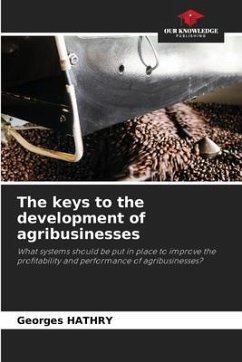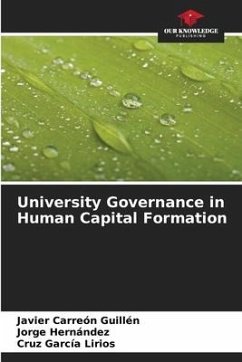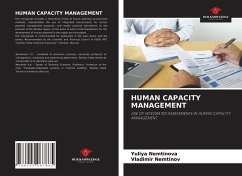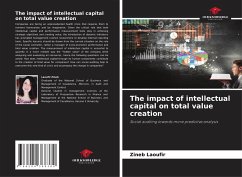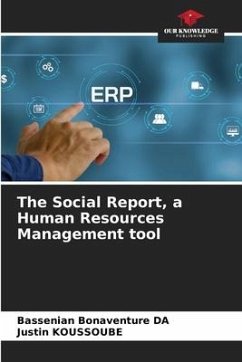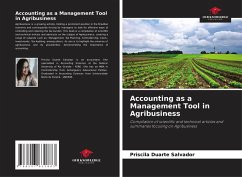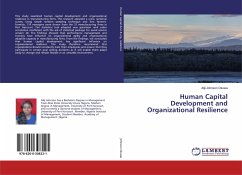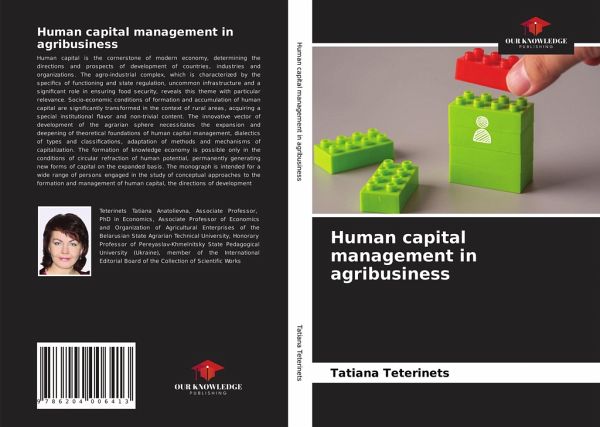
Human capital management in agribusiness
Versandkostenfrei!
Versandfertig in 6-10 Tagen
49,99 €
inkl. MwSt.

PAYBACK Punkte
25 °P sammeln!
Human capital is the cornerstone of modern economy, determining the directions and prospects of development of countries, industries and organizations. The agro-industrial complex, which is characterized by the specifics of functioning and state regulation, uncommon infrastructure and a significant role in ensuring food security, reveals this theme with particular relevance. Socio-economic conditions of formation and accumulation of human capital are significantly transformed in the context of rural areas, acquiring a special institutional flavor and non-trivial content. The innovative vector ...
Human capital is the cornerstone of modern economy, determining the directions and prospects of development of countries, industries and organizations. The agro-industrial complex, which is characterized by the specifics of functioning and state regulation, uncommon infrastructure and a significant role in ensuring food security, reveals this theme with particular relevance. Socio-economic conditions of formation and accumulation of human capital are significantly transformed in the context of rural areas, acquiring a special institutional flavor and non-trivial content. The innovative vector of development of the agrarian sphere necessitates the expansion and deepening of theoretical foundations of human capital management, dialectics of types and classifications, adaptation of methods and mechanisms of capitalization. The formation of knowledge economy is possible only in the conditions of circular refraction of human potential, permanently generating new forms of capital on the expanded basis. The monograph is intended for a wide range of persons engaged in the study of conceptual approaches to the formation and management of human capital, the directions of development




